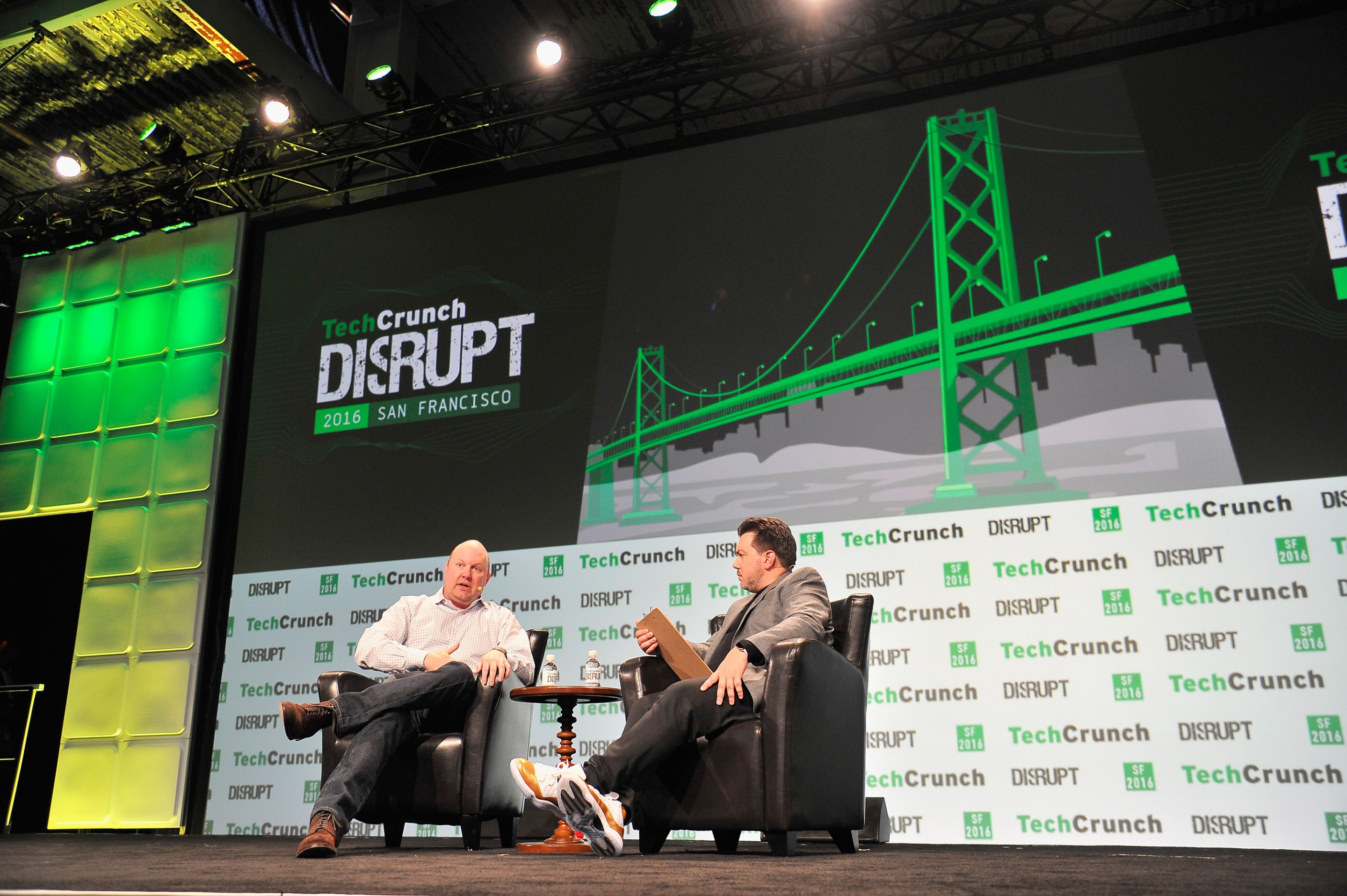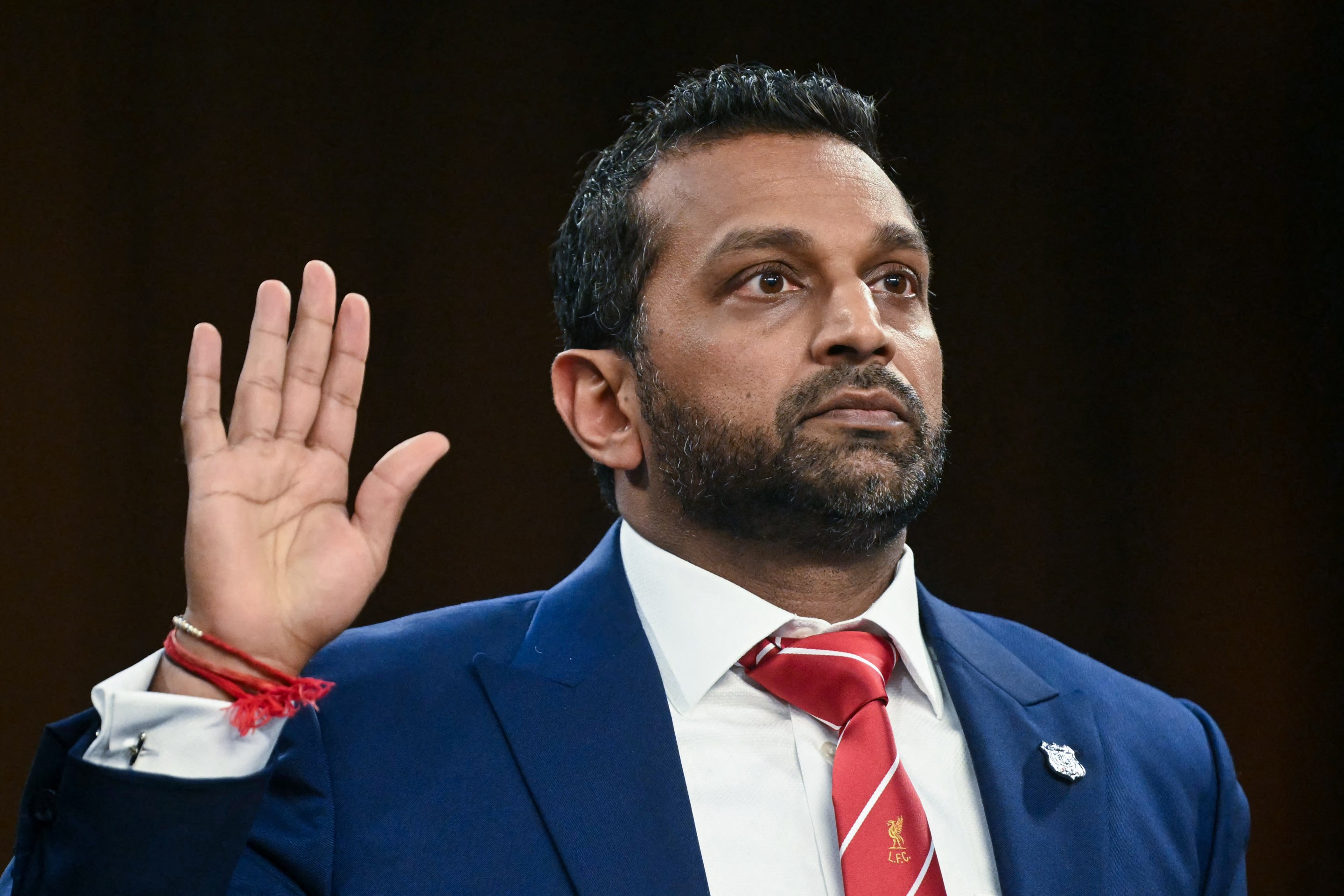There's no good reason to think about what I would do if I was rich enough to own a magazine, and a number of better and much more urgent reasons not to think about it at all. The most obvious of those is that while I am not rich, I already sort of own something that is sort of like that, and so there is usually something I could be doing there that's more useful than musing over what I might might do as, say, the gentleman publisher of a small literary journal called The Peppermill Review or Frontispiece or a political quarterly named Publius or I guess Frontispiece could also work here. But there's another reason not to bother with this particular daydream, which is that being that rich would seem to render the idea moot.
I am just going by what I see, here. The people in our culture with enough money to do whatever they want—the sort of objectively immoral benefactor-grade wealth that is currently warping and cheapening our public life through its own obscene scope and its owners' relentless craven self-interest—seem categorically opposed to doing anything interesting with it. Or, anyway, they seem opposed to doing anything more interesting than watching that money grow and maybe remarking upon how that experience of all that having and watching has been for them. It may be that all that dull abundance has flooded their circuits, leaving them incapable not just of wanting anything but more of what they already have, but unable even to imagine anything else that a person might want. They also just might not care about anything but each other, and their stuff. Because these people and what they want are so determinedly uninteresting, it's not a very interesting question; because what they do is so strange, it's natural to wonder if maybe all that money, and all the time spent thinking about it, hasn't been good for them.
In a non-material sense, I mean. Materially they are doing great, and the liberating civic atrophy that was the goal of their rich-guy forebears—the seething gray men gone by who spent their money creating and promoting the incoherent, prissy-vicious, intermittently libertarian politics to which this class mostly subscribes—has softened not just the state but the broader culture into something that can only glancingly inconvenience them. The "not good for them" part is the way in which all that ease and all those eager supplicants, the warm bath of clubby gossip and passive income in which they've all gone pruney, has shrunken and shortened them. They prosper and prosper and speak bitterly about how unappreciated they are, but they seem somehow incomplete. It's as if the money had crowded something important out.
They keep busy. Generally they pass their money around the rich person community in various ways—investments, patronage, lawsuits, alimony, weird political stunts—and sometimes spend some on lobbying designed to guarantee that nothing they or their businesses do will ever become more inconvenient or subject to public scrutiny. Even when and where this bustling uselessness produces something the broader public could notionally use—a big building with a rich person's name on it in big letters, say—there isn't really much mystery to why. The answer is already right there to read, in big letters.
This super-class's singular drive to preserve and affirm a status quo that doesn't serve anyone but themselves speaks for itself, and it is fucking always talking. You can look at a wary and confused culture overrun by financialized rot and recursive grievance and raw sadism, and at a politics mostly concerned with managing that miserable status quo while maintaining the maximum in Punishment Capacity. And then you can look at the objectively mediocre and preposterously wealthy people so anxiously and imperiously presiding over it, and venture a pretty confident guess about the effects of letting the broader culture not just soak in all that stagnant wealth but move mostly according to whatever currents periodically stir its surface.
This is where inequality and the politics it's bought becomes not an abstraction but a fact of daily life. That this class does not really make or do anything—or make anything but a nine percent annual return every year, or do anything but congratulate itself and groan about how unfair its critics are—is everyone's problem, because those idle demands made on high arrive downhill, onto the rest of us, as an avalanche. Or, less metaphorically, as layoffs, and austerity, and ever more optimized and anti-human efficiencies, and a claustrophobic and airless culture being squashed flat by their algorithms and incuriosity. If this class had less power, the obvious limits of their imagination would mostly be their problem; because they have so much, those limits wind up imposed on everyone else. We are all trapped in there, with them.
Because these extremely rich people mostly just talk to each other, and because they mostly have the sort of bad ideas that a person might have if the only people they knew also hung out in Marc Andreessen's Twitter mentions all day saying "absolutely" and "indeed," their big ideas lately tend to register mostly as abstractions when they register at all. "The average person’s life is changed when the things they do each day are both faster and better," Ed Zitron wrote in his newsletter, "and it’s hard to point to products that have meaningfully done that in quite some time." The money still moves, but it's hard to say to what end. Sometimes one of these entities invests in another one, or consumes it. Sometimes a half-dozen nearly identical companies show up promising to have a man on a bike bring you a pint of ice cream at any time of day, in 10 minutes, or eight, or six, and then a few months later they are all gone.
It is important, if also pretty funny, to remember that the very rich people doing all this stuff believe that they are shaping the future by doing it. Normal people just, like, work and consume and live wherever they live and do whatever it is they do, while at the same time 300 men in fleece vests push history forward in world-historically wack Slack channels or by writing things like "Web 4?" on dry-erase boards. When the people ruling this moment dare to imagine what the next might be like, the result is almost poignant in its childish shabbiness—a colony on another planet for them to rule; a new type of money for them to have; a wholly digital world in which they could charge rent and convene meetings or, when the rest of humanity decided that didn't sound cool at all, a future in which a predictive text generator they have deemed artificial intelligence, an algorithm somehow trained to get upset and botch easy logic questions, could efficiently obviate all those messy and inefficient and disagreeable other people. Of course there's no real art in that future, although the rich men plowing millions of dollars into grimly de-aging their bodies so they can be rich forever suggests that David Cronenberg's work might at least survive in spirit.
It is axiomatic that these people get bored extremely easily. They are panicky and fad-prone and gossipy and move as a herd; the billionaires who see themselves as anointed change-makers and shapers of the world to come get upset about the same fake-o bullshit that keeps Fox News casualties indoors on sunny days. The billionaire venture capitalist with a bugout compound in New Zealand and a portfolio of future-shaping disruptions grouses in private about Critical Race Theory In The Schools and shoplifters at Walgreens in cities in which they do not live, but they naturally prefer more richly marbled fare. Their pet intellectuals tell them that they are being robbed by the masses and deserve to live as kings; their chosen political candidates say it, too. Some of them have lately become concerned that the predictive text generator they like is politically biased against them. These people talk (and talk, and talk) online in more or less the same register as the average Cobra Commander monologue. If there is anything useful about their discourse, it has less to do with the substance than the shape of it; both are absolutely off-the-rack conservative rich person lorem ipsum stuff, and profoundly grating and dull as such, but the familiarity is instructive.
Recently, an influential corner of this cohort caused a bank run by abruptly pulling their money from the one bank at which, implausibly, all of them seemed to do all their business. When the bank collapsed, they took turns posting that its collapse was an extinction-level threat to the nation's economy, and a national security issue, and perhaps also a threat to the planet itself. The bank was a self-dealing mess, as it turns out, but so was the community it served. All of them plainly regarded both the best practices and the literal laws that govern this kind of thing as nothing they'd have to worry about. Some of this is hubris, and some of this is just assessing how the reality they've purchased actually works. They're awful, but they're not really wrong. Of course they were bailed out.
The story of that bank run is already in its woozy afterlife. Some other wobbly and variously shitty banks were absorbed into bigger banks; those tended to be both highly exposed to the things this super-class likes (cryptocurrency, most notably) and dedicated to servicing their weird whims. Fox News started blaming those failures on woke-ism and then just moved on to other outrages; there were briefly vague intimations of potential legislative fixes to the stupid laws that made the collapse possible; there are lingering questions, none of which seem likely to be answered anytime soon, about why, as one Silicon Valley investor put it, all these extremely powerful and influential venture capitalists were "letting all of their companies put all of their money in one—I mean, best case—C-minus financial institution."
There has been kind of a lot of this lately: crises that don't quite resolve into crises, things that are clearly bad but somehow not in ways that necessarily lead to any learning or change. So much depends upon things staying more or less the same, and things generally do. Again, this reality was purchased, at a surprisingly low price and over the course of just a few generations, by the class of heedless and wildly distractible dunces that it keeps on absolving. It would be much easier to appreciate the low satire of all it if everyone wasn't living not so much with as within the consequences of it.
It's not just about so few people having so much of everything, although that is plenty odious and offensive on its merits. The problem, as it is experienced moment by moment and day by day, is how little they have done with it, and how little what they have done with it has done for everyone else. That inequality, when compounded over time and amplified by the cretinous and absolutely joyless mediocrity of the people in whose accounts that compounding gets done, winds up not just freezing the world in place, but shrinking it to the size of their own incuriosity. Sometimes this is more obvious than others—a billionaire buys and closes a publication about books; a Koch scion with literary ambitions gets bored with her literary journal, scuppers it, and is treated to a strange feature in the New York Times about her pivot to wellness. Mostly it reveals itself in the negative; squint and you can almost see the possibilities that might have happened, but didn't, trailing in the wake of the useless things they launch as those innovations describe their familiar course up and then down.
There's more than one obvious problem with this, but keeping all this wealth in the same small and tremendously prideful network—in the same bank!—is grounded in the idea that only the people who have all this power and influence would know what to do with it. That belief has persisted within that community, and to a distressing degree outside of it as well, despite what is by now copious evidence that all this new elite really wants to do with that money is gamble it amongst themselves and find new methods and venues to charge everyone else rent. If these billionaires are correct in their perception that the general public has increasingly had it with them, it's worth noting that some of that is just a natural response to being insulted. How else, I wonder, did they expect people to react upon being told that their betters saw them as so much surplus, and their aspirations—the finer ones, and also just the basic dignities that people naturally believe they deserve—as impracticalities, or debris on the road ahead.
If this class seems about spent in its creative capacity, that is by no means true of the rest of humanity. It is easy to see the conflict this creates: a small group sitting atop a vast supply of resources, doing nothing much, and a larger, striving group thinks about what better use that all might be put toward. "Art means nothing if it simply decorates the dinner table of the power which holds it hostage," the critic Adrienne Rich wrote, and the screenwriter Charlie Kaufman quoted at the Writers Guild of America Awards. He was receiving a lifetime achievement award from the organization, but also speaking as a member of a union getting ready to strike.






